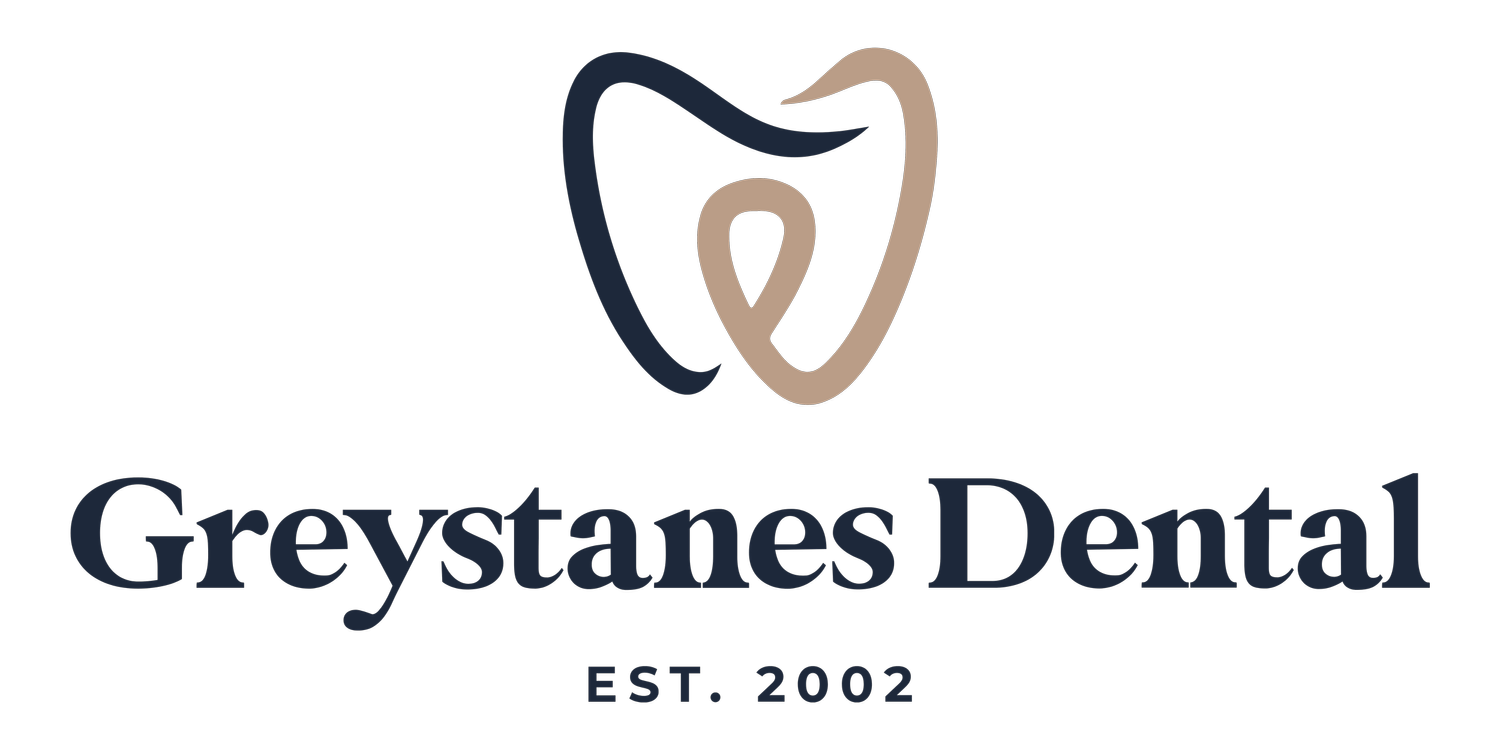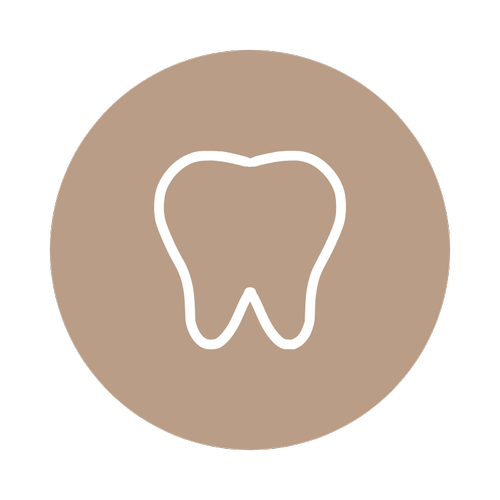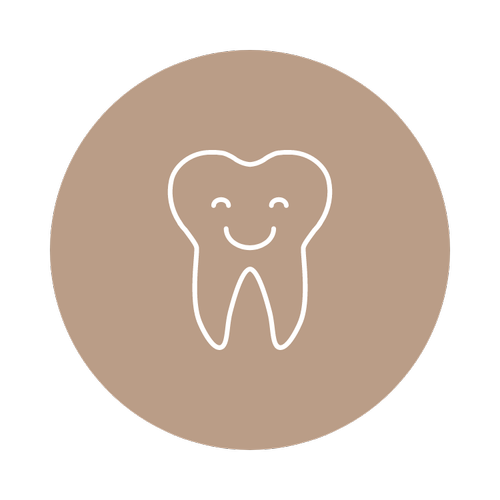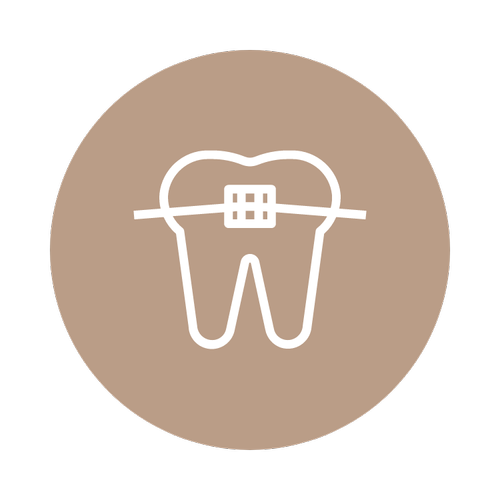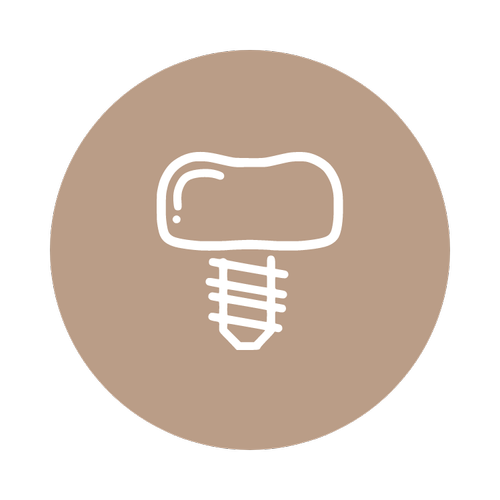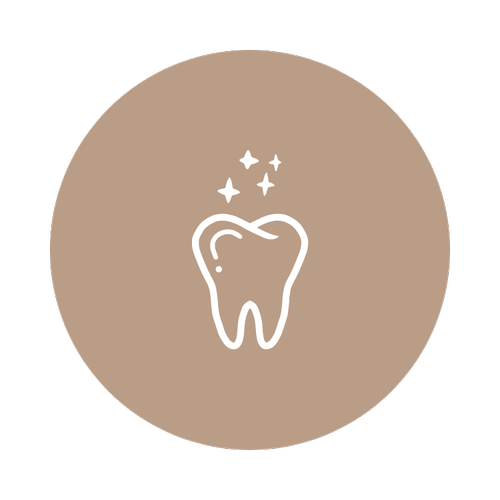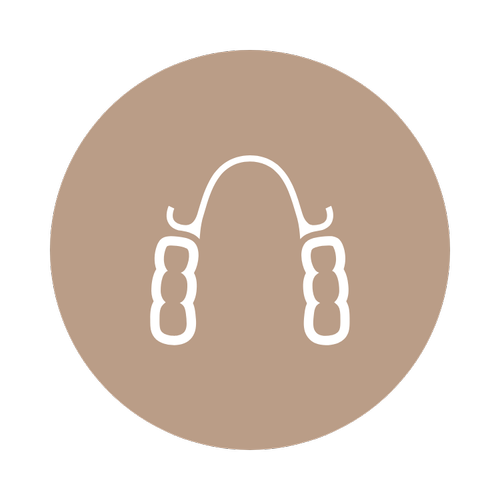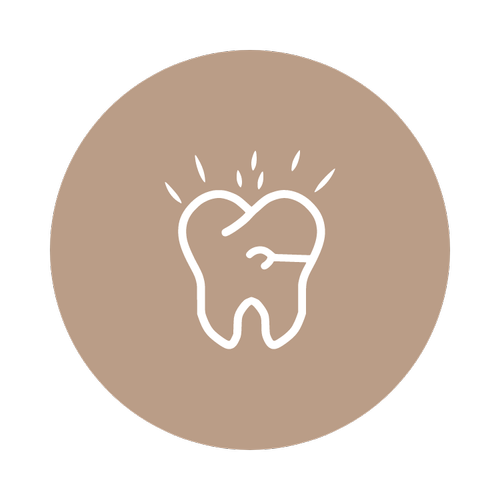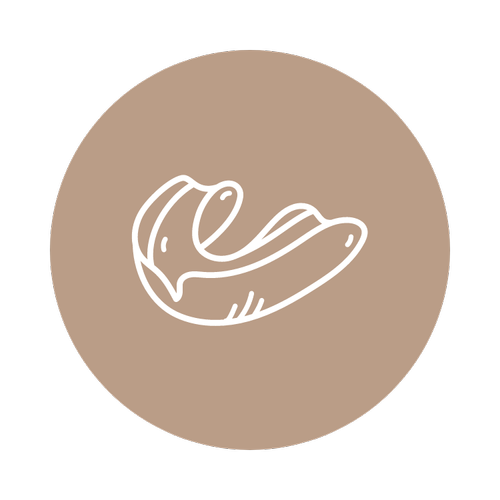Root Canal Treatment
When your tooth is too decayed, and the nerve (pulp) of the tooth becomes infected with bacteria, a root canal treatment can be performed in order to save your tooth and prevent it from having to be removed permanently.
The pulp is found in the centre of the tooth and in its canals (called ‘root canals’) inside the root of each tooth. The pulp includes connective tissue, nerves and blood vessels.
Pulp nourishes the tooth when it first emerges through the gum.
Once the tooth matures, the pulp can be removed without destroying the tooth.
That’s because each tooth also is nourished by a blood supply in the gums.
Removing the pulp is called endodontic treatment, but it is often referred to as ‘root canal treatment or ‘root canal therapy’.
Keeping your tooth in place can prevent other teeth from drifting out of line, potentially causing more problems. Saving your natural tooth by removing the nerve can also prevent the need for a replacement with an artificial tooth, dental bridge or dentures.
There are many benefits to choosing a root canal if you need one:
- It can often be less costly than a full tooth replacement.
- It can help to reduce tooth pain.
- It can prevent the worsening of a dental infection that could compromise overall health.
- It is a simple procedure that can be carried out in just one visit.
Root canal treatment involves removing the infection from the inside of the tooth.
When the pulp inside of a tooth is completely removed, the entire root canal system inside of the tooth is refilled, effectively killing the infection and strengthening the tooth. Without proper removal, the pulp can only become more infected and irritated.
Root canal therapy will not directly protect your tooth from other types of damage, so you will need to continue with regular dental visits and care for your remaining teeth. In most cases, a tooth that has had a root canal can be saved, but without proper care after a root canal treatment, the tooth may need to be extracted.
Root canal therapy is a routine dental treatment. It involves removing the infected or damaged nerve from inside a tooth, then shaping, cleaning, and disinfecting the canal before filling it with a rubber-based material to prevent re-infection. Once it’s clear that the therapy has been successful, a permanent crown is recommended to seal the tooth and restore normal biting and chewing function.
Root Canal Frequently Asked Questions
Q. How do I know if I need root canal therapy?
A. Symptoms that you may need root canal therapy include:
- Lingering sensitivity to hot or cold foods.
- Pain in the tooth while biting or chewing.
- Abscess or boil on the gums.
- Severe toothache that gets worse at night.
- Silent, chronic infection only detected on X-rays.
If left untreated, an infection can spread to adjacent teeth or other parts of the mouth. And in extreme cases, the complications can be life-threatening.
Q. How long does root canal therapy take?
A. Our dentists have extensive experience performing root canal therapy. The treatment usually involves two visits and, in most cases, takes less than an hour. Root canal therapy is carried out in our modern Central Coast dental practice, where you can even enjoy some entertainment.
To learn more about our root canal treatment or to make an appointment, call us on
(02) 9631 1766, and our friendly team will assist you further.
